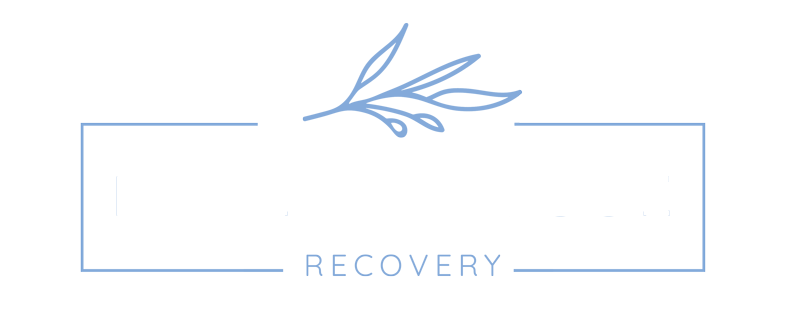If you or someone you love is showing odd behavioral and physical signs, it might be signs of heroin abuse. If so, there are many ways to get help. With Liberty House Recovery Center, you can participate in a heroin treatment program designed just for you.
Liberty House Recovery is a drug treatment center in Michigan offering comprehensive opioid recovery programs. Contact us today to learn more about how our therapy approaches can help you overcome your addiction.
What is Heroin?
Heroin is an opioid. Opioids are drugs from the opium poppy plant or are synthetically made in a lab to function similarly. Heroin is derived from morphine, a prescription from the poppy plant.
How Does Heroin Affect the Body?
Your brain and body contain what are called “opioid receptors.” The brain also makes natural opioids called endogenous opioids”. Endogenous opioids find the opioid receptors, attach to them, and help control your pain levels.
Endogenous opioids are categorized as “endorphins,” and many people know they get released after exercising or having sex. They make you feel high and block pain signals.
To recognize symptoms of heroin addiction, you have to know how it works: Heroin (and other opioids) find those same opioid receptors in the brain, attach to them, and control your pain levels.
However, prescription opioids are there to help mask pain after things like surgery, but heroin is an illegal drug that is used to get high.
Symptoms of heroin addiction show up in many ways because heroin attaches to multiple parts of the body:
- Heroin can attach to the limbic system, creating emotions like relaxation or pleasure.
- Heroin can attach to your brain stem, controlling things your body does automatically, like feeling pain, breathing, or coughing.
- Heroin can attach to your spinal cord and decrease feelings of pain, leaving you feeling good instead.
Heroin amplifies the endorphins and high you get, so it feels better than any endogenous opioids you’ve experienced naturally after things like exercise.
What Are the Signs of Heroin Abuse?
The most obvious signs of heroin abuse are short-term withdrawal symptoms.
Withdrawal Symptoms of Heroin Addiction
When you stop taking heroin, you experience intense withdrawal symptoms like:
- Cramps
- Insomnia
- Cold flashes
- Restlessness
- Bone and muscle pain
- Nausea
- Vomiting
- Flushing of the skin
- Heavy limbs
- Dry mouth
- Severe itching
- Problems concentrating
- Losing consciousness
- Diarrhea and vomiting
Long-term heroin addiction changes the way cells work in your brain and body.
Short Term Signs
Short-term signs of heroin addiction can include many behavioral and physical changes. For example, someone struggling with addiction might stop hanging out with friends and family, making up excuses, lying, and otherwise demonstrating secretive behavior.
That same person might start experiencing money problems. As addiction worsens, it’s common to have financial issues as most of your money intended for bills or food goes towards drugs.
You might notice in yourself or someone you love severe mood swings and hostility with no other explanation, having no motivation, sleeping too much, being generally irritable, or experiencing severe weight loss. You might also see physical signs like bruising, scabs, or track marks.
Long-Term Signs of Heroin Abuse
Long-term signs of heroin addiction are more serious and can lead to ongoing insomnia, regular constipation, sexual dysfunction, or irregular menstruation.
You might also notice damaged tissue inside your nose if you snorted heroin or collapsed veins if you injected it. There are higher risks of kidney and liver disease, infections in the heart valves, and mental health disorders.
How to Treat Heroin Addiction
A heroin addiction program requires FDA-approved treatment with prescription medication to treat your withdrawal symptoms and ongoing therapy.
There is a severe risk of overdose if you take high concentrations of heroin. Because heroin can influence and control automatic functions like breathing, you can stop breathing altogether or slow down to suck a rate that becomes hypoxic and damages your brain. For this reason, you must find heroin addiction treatment at a reputable rehab center.
Liberty House Recovery is a Heroin Drug Rehab Center in Michigan
Liberty House Recovery Center specializes in heroin addiction recovery. All of our programs start with FDA-approved detox. Your detox might last seven to ten days, during which your symptoms can peak between one and three days after your last dose.
When you reach out to our compassionate staff, we will undergo an initial assessment to determine your level of health, your experience with rehab in the past, and how we can best help you with your recovery today. After your detox program is complete, we can start on the rest of your heroin treatment which involves ongoing individual and group therapy curated for your needs.


